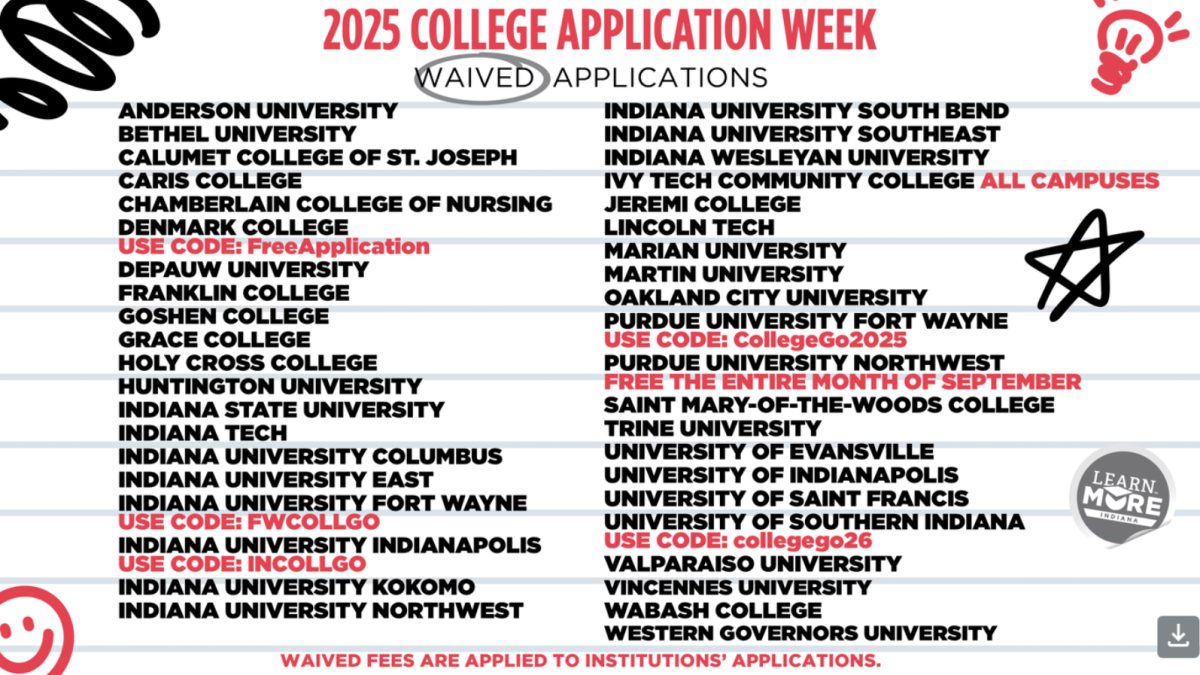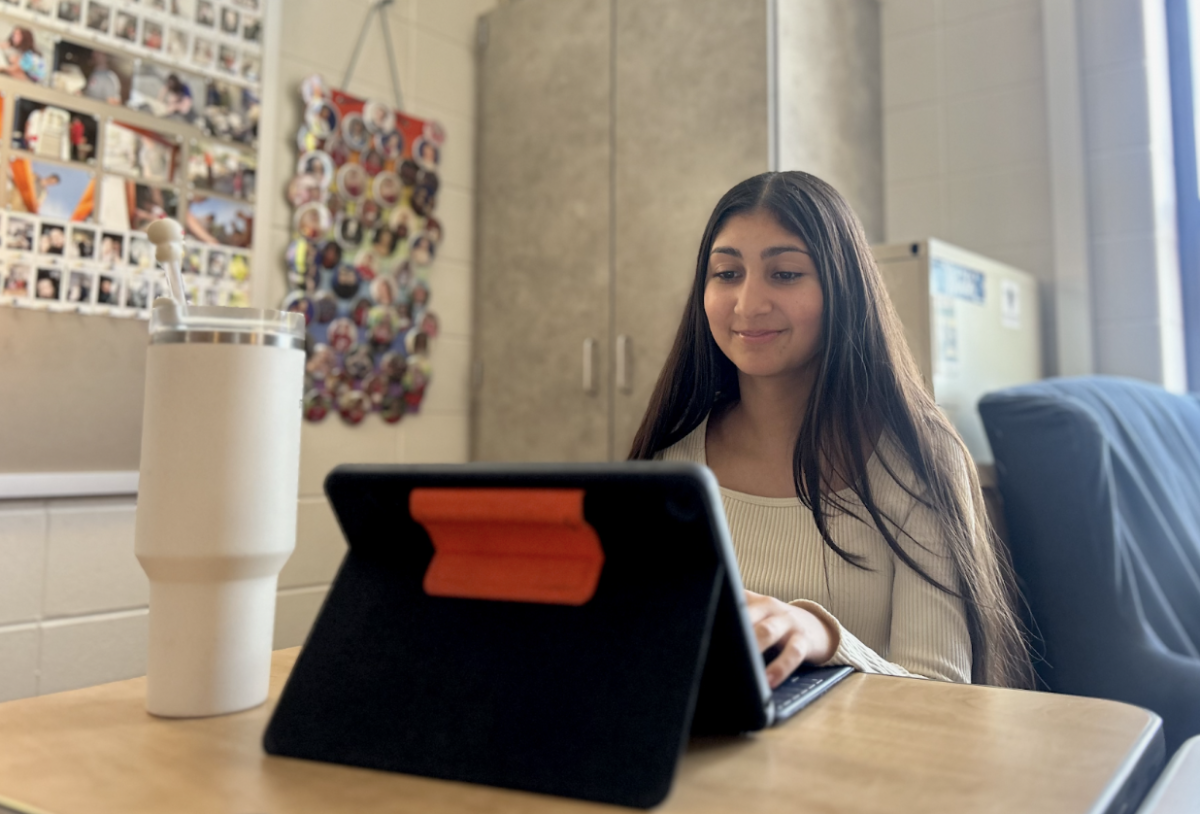You sit in the library, the hum of the quiet chatter filling the air. Across the room, a group of students leans in, sharing notes and laughs. You glance back at your empty table, the loneliness creeping in like an invisible gas, heavy and suffocating. For sophomore Emily Allen, this feeling was all too familiar–until she discovered the power of collaboration. It can be easy to slip into a habit of cheating when it comes to “collaborating” homework. However, Allen and sophomore Jakoby Feilen collaborate to understand concepts better, staying true to the spirit of homework as a way to practice essential classroom skills.
“I used to think I could handle the overload of academics on my own,” Allen said. “But the more I tried, the more I felt stuck. My grades were slipping because I didn’t know how to study effectively.”
It wasn’t until she teamed up with her classmate Feilen that things began to change. Their decision to study together, initially born out of mutual convenience, soon turned into a transformative experience for the both of them.
“It wasn’t just about having someone to study with,” Allen said. “Jakoby showed me how to break down material, and suddenly, everything kind of clicked in a way that was more efficient.”
With their collaborative efforts, the improvement was immediate for the both of them. Allen’s once-struggling grades began to climb as if they had found their starting line. Feilen’s reality of not meeting the requirements of honors classes was now erased by new effective habits.
“Emily pushed me to aim higher,” Feilen said. “Before we started studying together, honors classes felt out of reach, but she helped me believe I could do it.”
Their partnership redefined what success looked like, not just as individuals but as a team. With Allen’s encouragement, Feilen earned a spot in Honors English – an achievement he once thought was impossible.
This collaboration doesn’t just end with individual students – it’s like a ripple in a pond, spreading outward to transform classrooms for the better. Teachers are beginning to embrace the idea that the journey to success doesn’t have to be a solo ride, but a shared journey. In some AP classes, group work is becoming a cornerstone for taking tests and completing major assignments. These collaborative efforts are enforced through structured study groups, peer discussions, and even team-based assessments, allowing students to learn from one another’s strengths.
The impact of collaboration goes beyond anecdotal success. Research from the University of Oxford highlights serotonin’s role in regulating emotions and boosting one’s mood during social interactions. When students study together, the supportive environment helps reduce stress and fosters confidence, allowing them to retain information more effectively.
For Allen and Feilen, the shift from isolation to connection made up all the difference. It is proof that sometimes, the best study tool may not be a textbook or flashcards; it can be the people sitting next to you, ready to explain a concept, to help you succeed.








